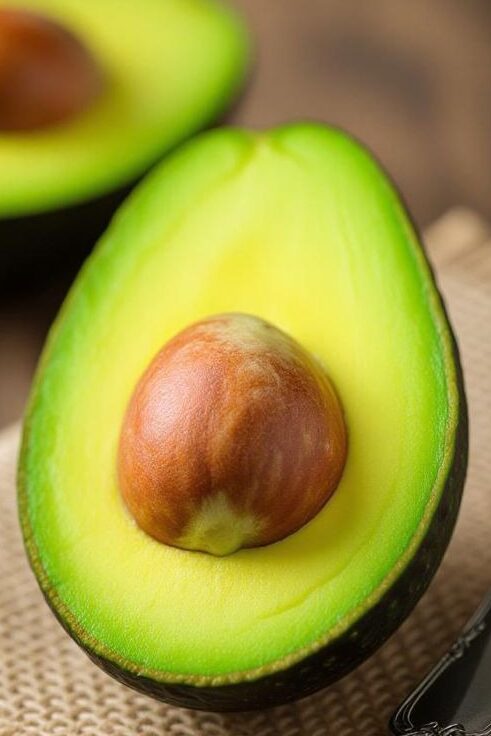Scientifically Proven Foods That Naturally Support Sleep Apnea Relief
For many individuals, the quality of their day depends largely on how well they slept the night before. Sleep serves as the body’s natural reset mechanism, helping to restore balance and regulate vital functions. While restful sleep can set a positive tone for the day, poor-quality rest often leads to fatigue and frustration. This issue becomes significantly more challenging for those suffering from sleep apnea—a condition described by the National Heart, Lung, and Blood Institute as repeated interruptions in breathing during sleep, which hinder the body’s ability to receive adequate oxygen.
What is Sleep Apnea?
If you frequently snore or struggle to breathe during sleep, it might indicate a condition known as sleep apnea. There are primarily two forms of this disorder — Obstructive and Central. Obstructive Sleep Apnea (OSA) occurs when the upper airway becomes partially or completely blocked during sleep, disrupting normal airflow. Common causes include excess body weight, enlarged tonsils, or hormonal imbalances. Central Sleep Apnea (CSA), on the other hand, arises when the brain fails to transmit proper signals to the respiratory muscles, affecting breathing patterns. Interestingly, certain foods can promote better sleep quality and help manage symptoms of sleep apnea — discover them below!

Avocados
Who would have imagined that avocados could be such powerful promoters of restful sleep?
According to a 2025 study in the Journal of the American Heart Association, eating one avocado a day for six months was linked to improved sleep quality. This benefit is attributed to its rich content of tryptophan, folate, magnesium, fibre, and other sleep-enhancing nutrients.

Cherries
Tart cherry juice has recently gained widespread attention for its ability to promote better sleep and enhance overall wellness. According to a 2025 study published in Food, Science and Nutrition, tart cherries were found to improve sleep parameters including duration, efficiency, and onset latency.

Soy
Soy-based foods like tofu, edamame, soy milk, and other derivatives are rich in beneficial compounds known as isoflavones, which promote better sleep duration and quality. According to a 2015 study in the Nutrition Journal, higher isoflavone consumption was linked to improved sleep patterns among the Japanese population.

Fish
Fatty fish like salmon, sardines, and similar varieties are abundant sources of Omega-3 fatty acids. As per global nutritional recommendations, individuals are advised to eat at least two portions of oily fish each week. A 2013 study published in Frontiers in Neurology highlighted that Omega-3 fatty acids support cardiovascular health, help lower inflammation, and consequently reduce heart complications and early mortality in individuals with obstructive sleep apnea (OSA).

Walnuts
Nuts are widely recognized for their positive impact on overall health, but walnuts, in particular, appear to work wonders for sleep apnea. According to a 2024 study featured in Proceedings, walnuts possess a distinctive nutrient composition rich in tryptophan and melatonin. These compounds were found to enhance sleep quality and efficiency in individuals who consumed 40 grams daily. Moreover, regular intake also helped decrease daytime fatigue among young adults.
Incorporating nutrient-rich foods such as avocados, cherries, soy, fatty fish, and walnuts into your daily diet can naturally support better sleep and ease symptoms of sleep apnea. These foods promote relaxation, enhance oxygen regulation, and improve overall sleep quality. Combined with healthy lifestyle choices and medical guidance, dietary adjustments can play a meaningful role in achieving restful, restorative sleep.
What are the two main types of sleep apnea?
Obstructive Sleep Apnea (OSA) and Central Sleep Apnea (CSA).
Which nutrient in avocados helps improve sleep quality?
Tryptophan, along with folate, magnesium, and fiber.
How do walnuts benefit individuals with sleep apnea?
They contain tryptophan and melatonin, which improve sleep quality and reduce daytime fatigue.

